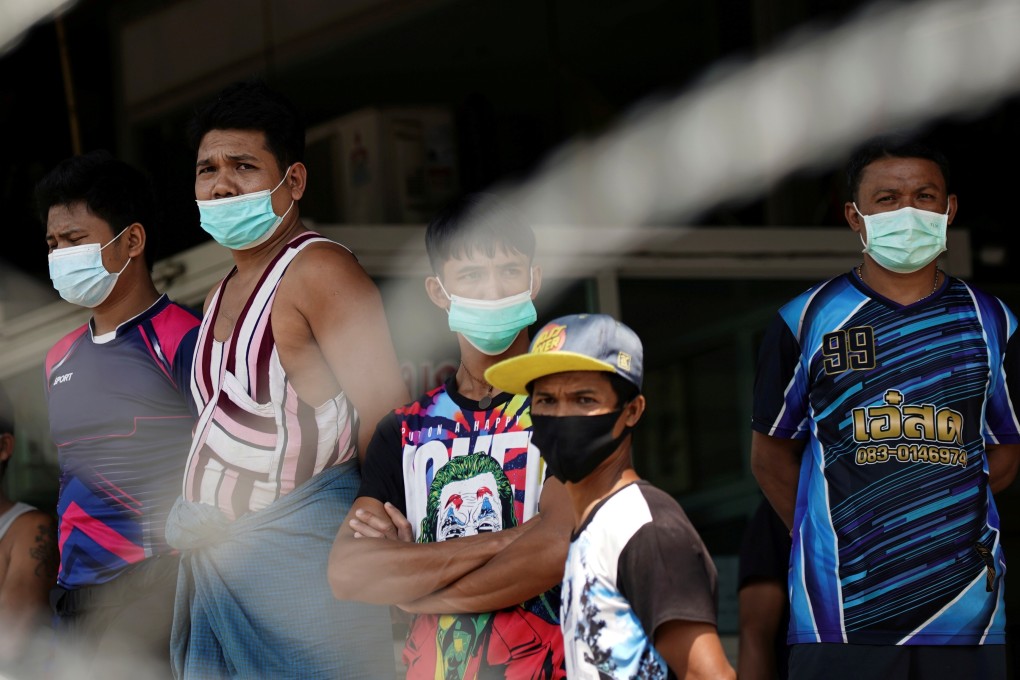Coronavirus: Sydney tightens curbs as second cluster emerges; Duterte’s guards used ‘smuggled’ vaccines
- Household gatherings were limited to five people in Sydney, while Victoria saw three new infections after two months of no locally acquired cases
- The Philippine defence minister said members of the Presidential Security Group obtained the shot without government authorisation

Household gatherings were limited to five people while the maximum number of people allowed to gather in public in Sydney was capped at 30. Residential care facilities were closed to visitors.
“We don’t want New Year’s Eve to be the cause of a super-spreader,” New South Wales state Premier Gladys Berejiklian said as she announced the restrictions would take effect from midnight on Wednesday until further notice.
Berejiklian reported 18 new coronavirus cases on Wednesday, the biggest daily increase in a week, with nine of them part of an outbreak in the city’s northern beaches that has grown to more than 100 people over the past week.
NSW Chief Health Officer Kerry Chant said a new cluster in the city’s inner west, which includes six members of an extended family living in three different households, is expected to grow as members had joined Christmas gatherings.
The outbreaks in Sydney have dampened plans for the city’s New Year’s Eve harbour fireworks display, an event televised around the world.